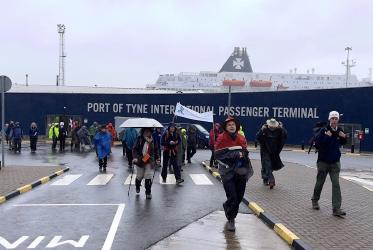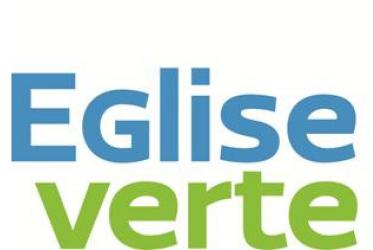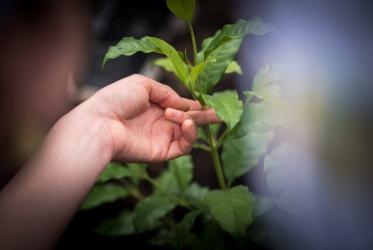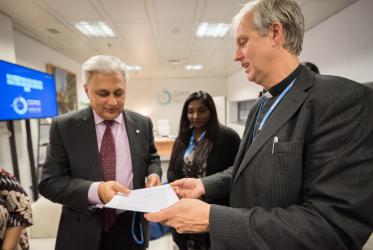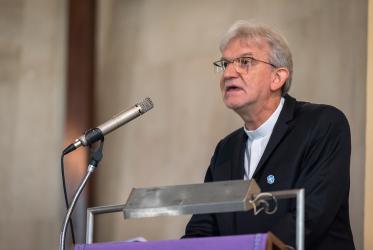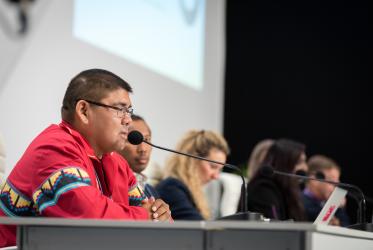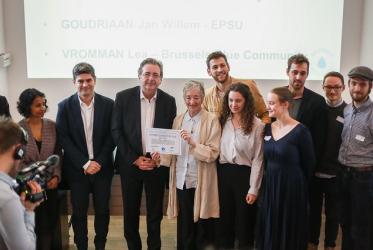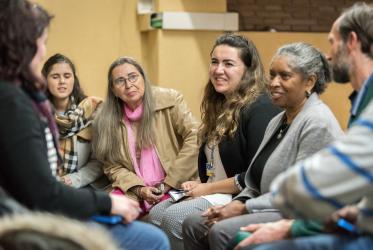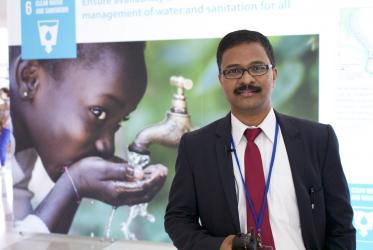Displaying 1 - 20 of 82
Ecumenical conference features theological reflections on ecology
16 February 2021
Churches should use their voice on climate change
26 February 2020
Interfaith group delivers message to COP25
10 December 2019
“See humans as part of creation” in addressing climate emergency
06 December 2019
WCC joins gathering of Blue Communities in Brussels
06 December 2019
WCC expresses sadness, solidarity after Notre Dame fire
16 April 2019
Interfaith Rainforest Initiative expands
12 February 2019




